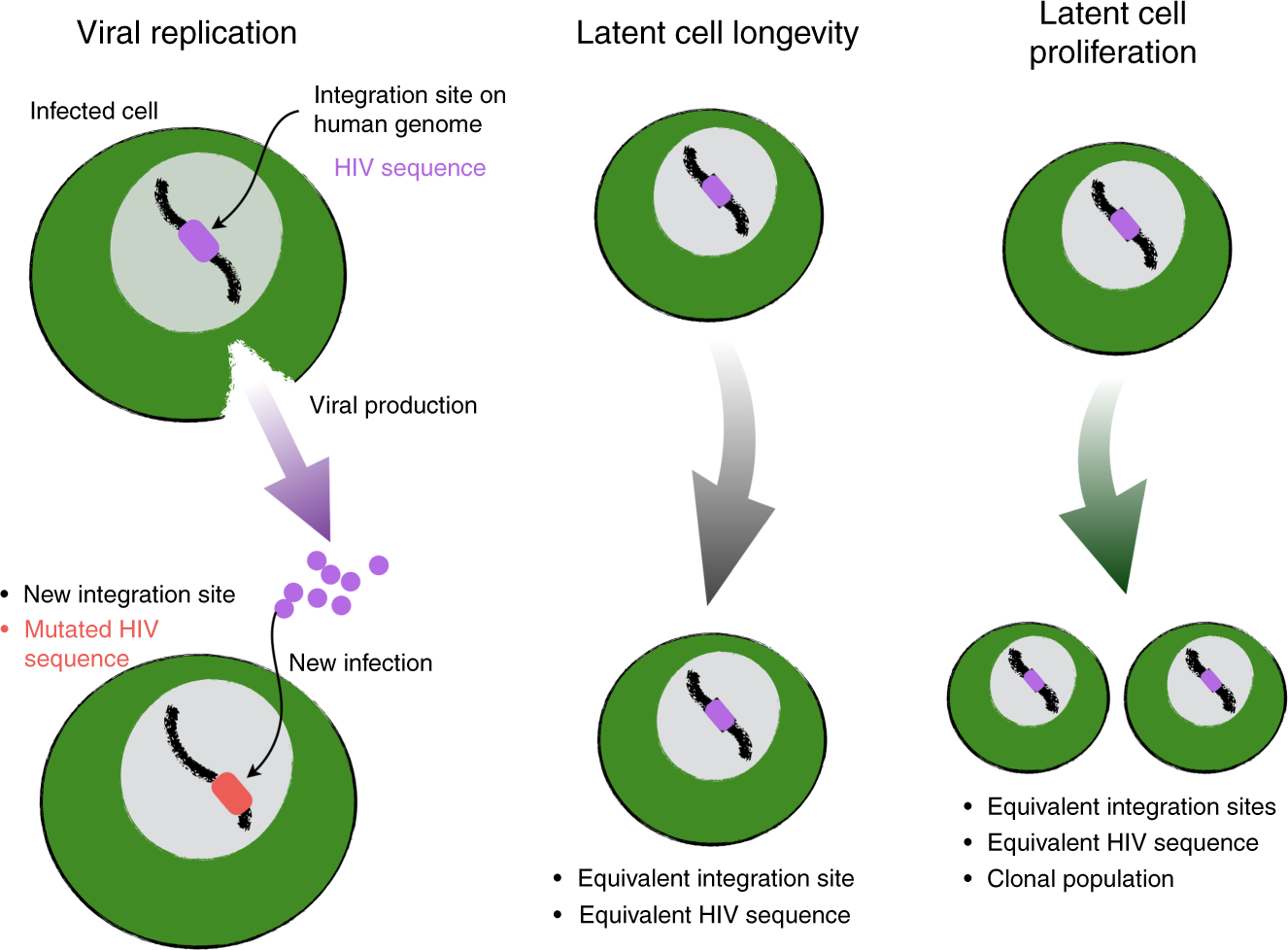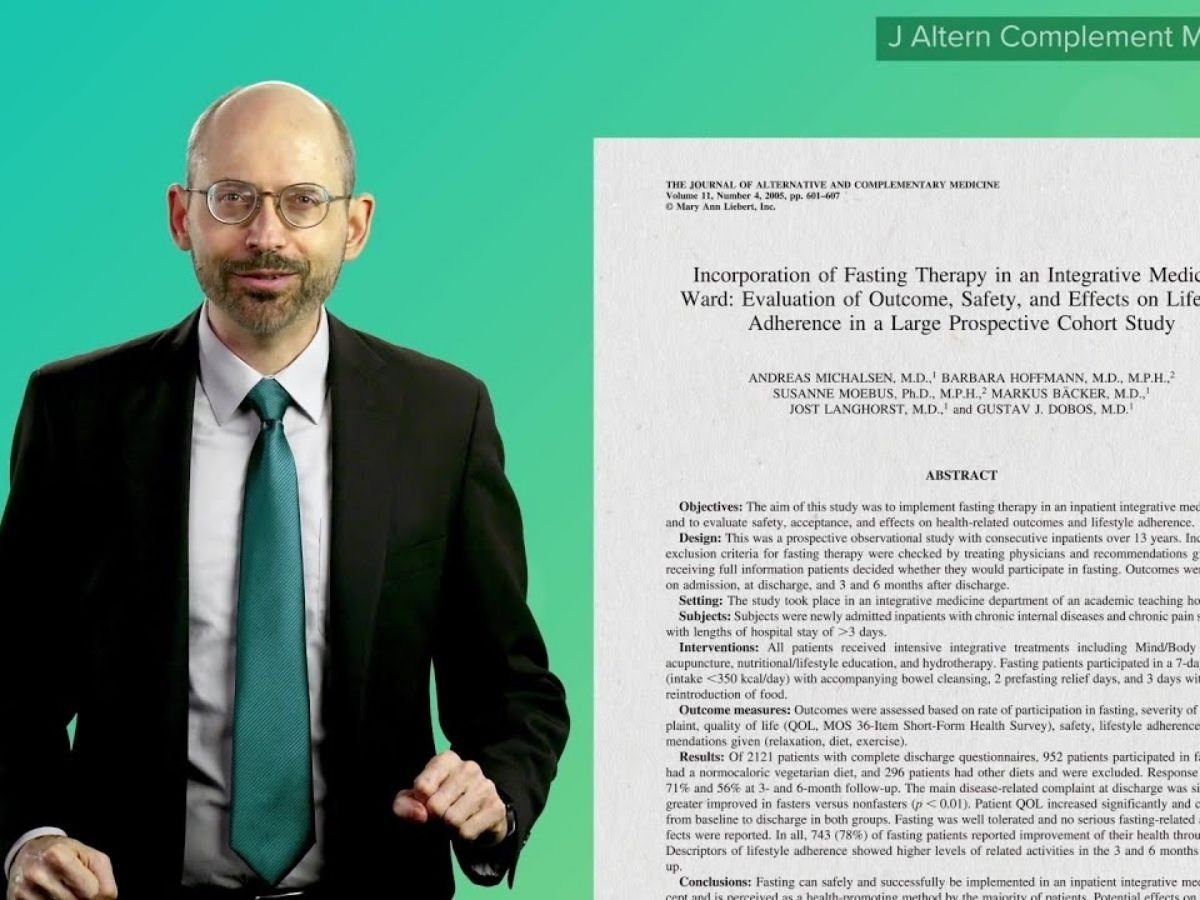In light of the recent discovery of a new HIV variant, we asked Lycias Zembe, a medical virologist and technical officer at UNAIDS, if the new variant will have an impact on the global HIV response.
What distinguishes this new HIV variant?
HIV is one of the most rapidly mutating viruses ever studied, with different versions of the virus circulating from person to person and, in some cases, within a single individual. Its ability to rapidly mutate and evolve between and within individuals is a major impediment to the development of an HIV vaccine—there is still no HIV vaccine and no cure available.
Until now, HIV mutations have received little attention in the media due to the effectiveness and availability of antiretroviral therapy in treating them.
Subtype B of HIV, a recently discovered variant, can cause a more severe infection. According to a study conducted by Chris Wyman and colleagues, people infected with the variant have an average viral load that is approximately four times higher than is typical for HIV infection, and their immune system declines twice as fast, putting them at risk of developing AIDS sooner. Fortunately, like all other HIV mutations discovered to date, it is easily amenable to and treatable with all of the standard antiretroviral medications currently available.
So, the main message is that there is no need to panic; viruses mutate, and fortunately for HIV, current treatments still work for the variant of HIV subtype B.

However, 10 million people living with HIV worldwide are still not on antiretroviral therapy, requiring enormous efforts to reach those people, who are often marginalised and stigmatised, in order to ensure they have access to the life-saving treatment that also prevents HIV transmission.
The HIV response should not lose sight of preventing a resurgence of HIV, especially at a time when much attention has been focused on the COVID-19 pandemic and vast resources and infrastructure previously dedicated to HIV have been repurposed for COVID-19.
HIV is the deadliest pandemic in recent history, and it continues to be a major public health concern. There are 38 million HIV-positive people in the world, with 10 million of them not receiving treatment. In 2020, approximately 680 000 people will have died as a result of AIDS-related illnesses, and 1.5 million will have become newly infected with HIV.
During the COVID-19 pandemic, HIV prevention efforts were hampered, and fewer people began HIV treatment. Efforts in these areas must be massively increased, as must investments in research and development to find a vaccine and a cure, if we are to meet the Sustainable Development Goals of ending the AIDS pandemic by 2030.









































